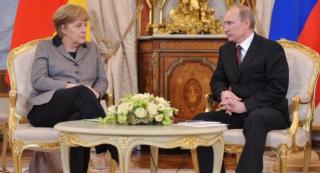
A leading Russian and a leading German museum created an exhibition that tries to shed light on one of Europe's most complex relationships, at times creative and at times tragic.
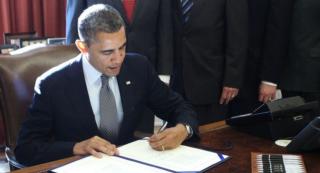
If implemented properly, the Magnitsky Act could mean the restoration of a normative dimension to Western policy on Russia.
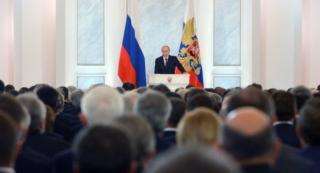
The Kremlin recognizes that decentralization is both necessary and inevitable, but Putin’s proposals for the Russian regions demonstrate that the regime is not quite ready to make decentralization a reality.
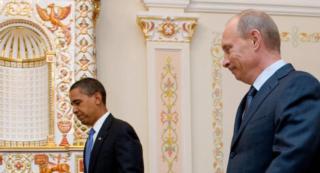
The Magnitsky Act, passed by the U.S. Congress, and the Russian response to it can be seen as further evidence of the complicated and worsening relationship between Washington and Moscow.

The United States and Russia face a fundamental choice: to continue their transactional approach to relations or to put relations in a broader, longer-term strategic framework.
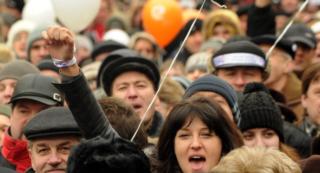
The Russian political regime is in a state of crisis, as is its economic model and the social life of the country. However, there are also there are several signs of Russian society’s awakening.
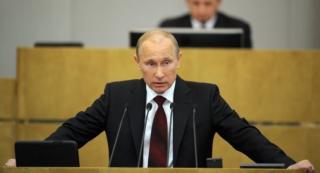
In the public battle over corrupt officials in Russia, efforts are being made to remove those officials from the government, while at the same time not fundamentally changing the system that allowed them to pursue their corrupt ends.
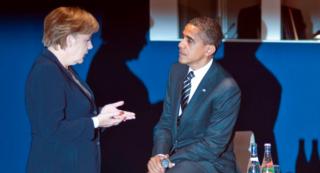
The new, harsher attitudes in the West toward Putin’s regime open a window of opportunity for both the West and Russia.
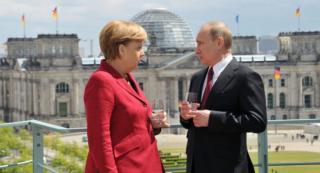
Criticizing President Vladimir Putin's Russia is one thing. Doing something about it is another. And that is Germany's, and Europe's, problem.
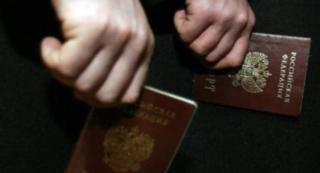
The Kremlin is unlikely to agree with all of the Institute for Social, Economic and Political Studies’ proposals for improving the gubernatorial election process.
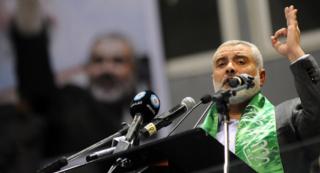
However damaging the violence and shrill the rhetoric, the current round of fighting between Gaza and Israel is likely to be anything but decisive. The most likely outcome is a return to something like the status quo ante.

As the Obama administration moves into its second term, it makes more sense to deal with the Israeli-Palestinian conflict that really exists rather than to pretend that there still is a "peace process" that only needs one more round of quiet talks to succeed.
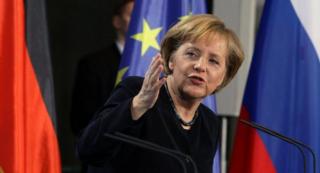
Until recently, German-Russian relations were viewed as a model bilateral relationship. However, public opinion in Germany has grown increasingly critical of Vladimir Putin’s regime, and the German leadership can’t ignore this.
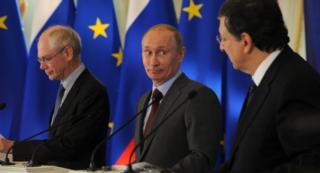
As Gazprom and a European Union commission go head to head over the Russian gas giant's aggressive moves in Eastern Europe, Russia may miss an opportunity to help itself.
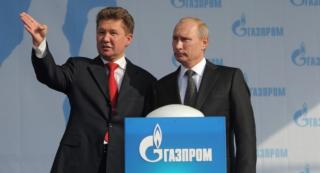
The EU's Competition Commission recently decided to investigate whether Gazprom, the Russian gas company, had hindered competition in Eastern Europe by holding back gas deliveries.
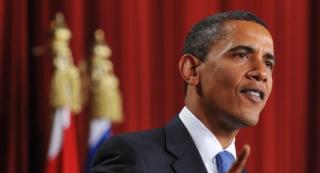
It is unlikely that Obama will act to worsen U.S.-Russia relations during his second presidential term.
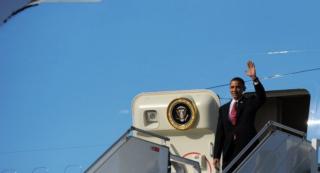
Barack Obama’s second term has the chance to become the vindication of his Nobel Peace Prize, but he will need to craft a very careful course on Iran, be wise on China, and become strategic on Russia.

Both the Kremlin and the Russian opposition hope to use the United States and its policies to serve their own domestic agendas.
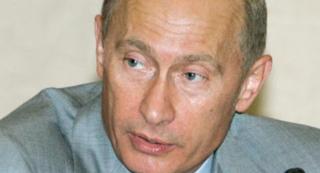
If the Russian authorities want to gain a free hand in implementing their social and economic measures, they must first extricate themselves from the current political crisis.
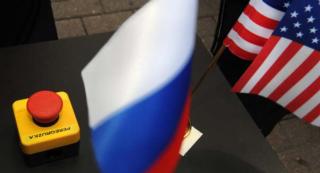
Barack Obama’s re-election may signal predictability in U.S.-Russian relations, but this relationship needs to be upgraded from largely tactical to strategic.